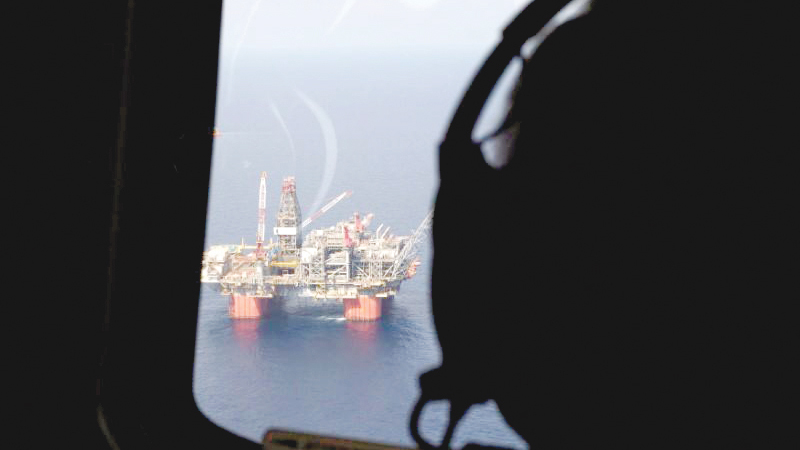

HOUSTON: At BP’s massive Thunder Horse oil platform in the US Gulf of Mexico, a dog-sized robot called Maggie uses magnetic tracks to creep along pipes connecting the giant oil facility to the sea floor.
Before MaggHD, dubbed “Maggie” by BP, the dangerous inspection job was reserved for highly paid specialist technicians who did their jobs while rappelling along the platform.
The energy industry has turned to robots and drones to cut costs and improve safety in some of the world’s tougher working environments.
Drones inspect gear high up on floating rigs. Robots crawl underwater to test subsea equipment for microscopic metal cracks. Remotely operated mini submarines can replace divers.
Big oil producers such as BP and Statoil are racing to create the oilfields of the future, where smart devices replace workers. They have the potential to cut costs, save lives, and reduce the scope for human error.
“This is going to change the way oil and gas does business,” Carri Lockhart, senior vice- president of offshore at Statoil USA, said earlier this year, referring to the push towards autonomous gear and facilities.
Maggie belongs to a group of devices known as magnetic crawlers, which can move across rigs, platforms, and pipelines above and below water using ultrasonic test devices and high-definition cameras. They can cost $60,000 apiece.
BP piloted Maggie on its Thunder Horse platform last year and expects to roll out similar crawlers across all its Gulf of Mexico platforms in coming years.
BP wants the robots “to remove individuals from being in unsafe environments. The efficiencies we gain by collecting data this way are significant. The safety factor is obvious,” said Dave Truch, a technology director in BP’s Digital Innovation Organization.
Drones and crawlers can do inspections in about half the time of rope access technicians, while placing fewer workers in harm’s way, executives at BP said this week. — Reuters
Oman Observer is now on the WhatsApp channel. Click here



